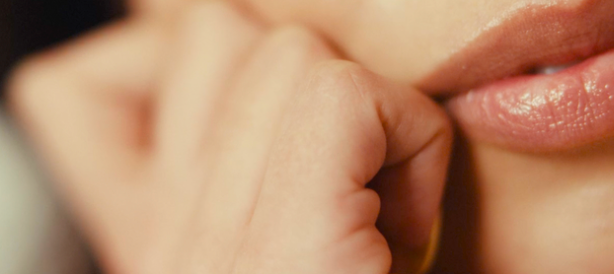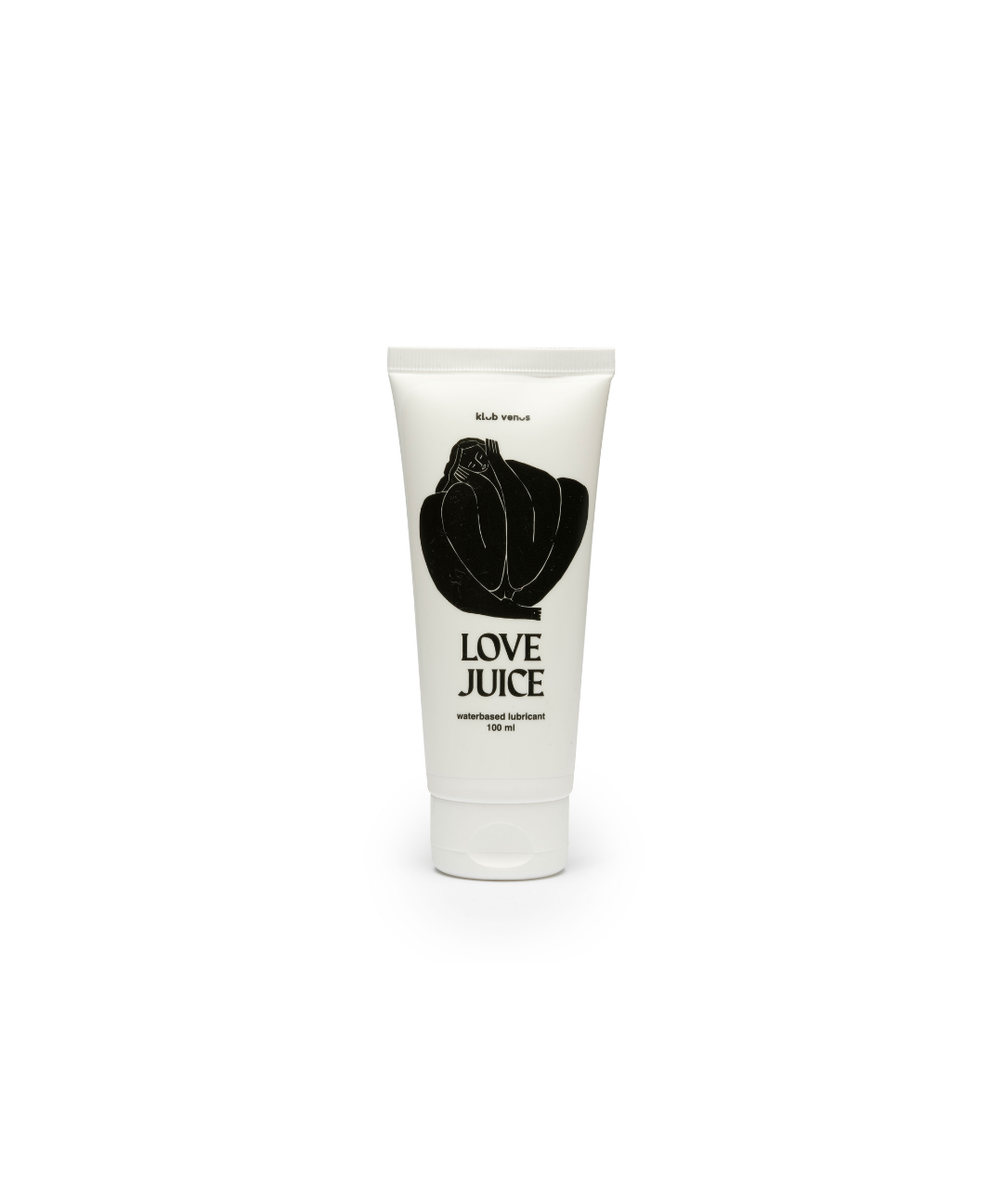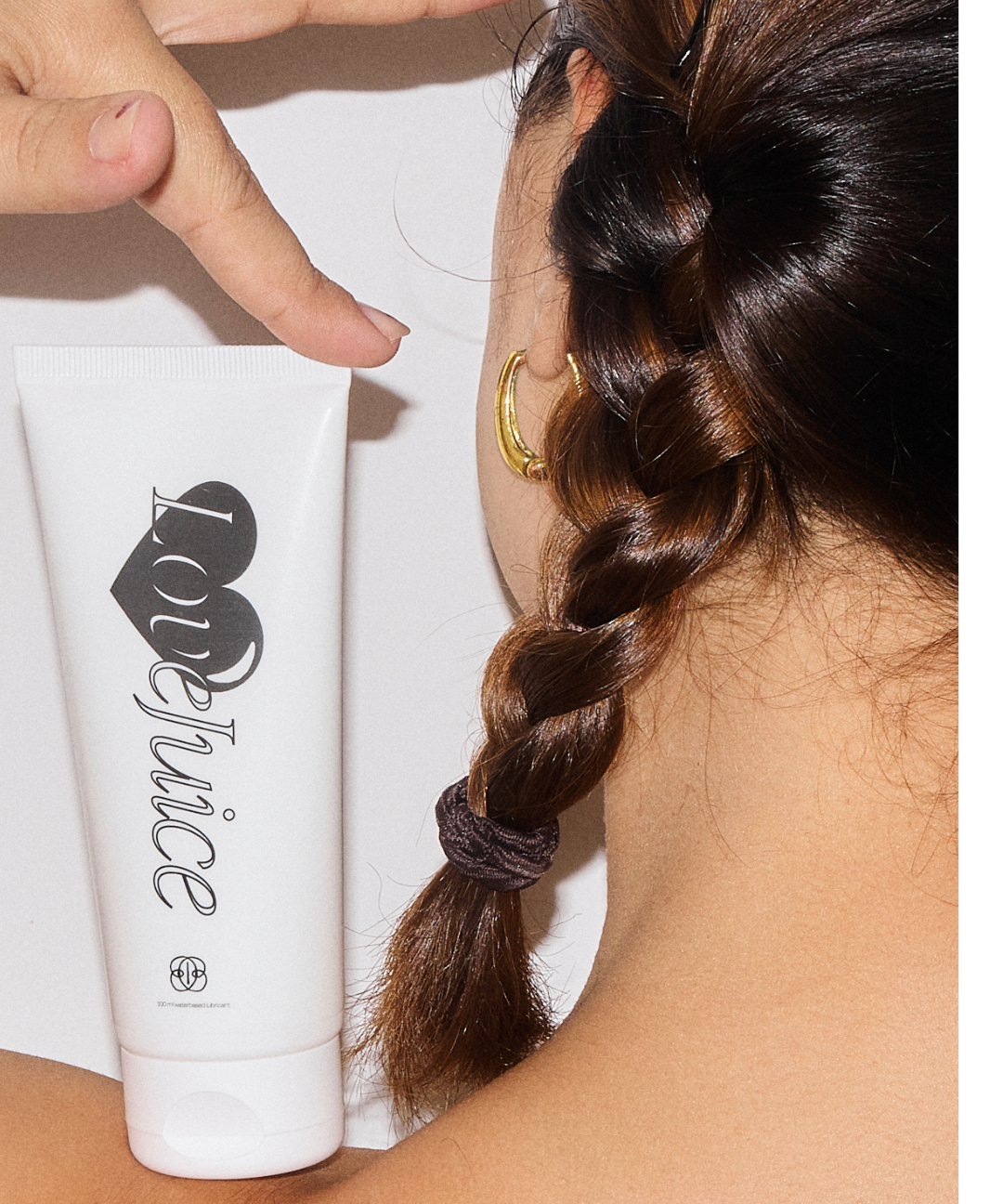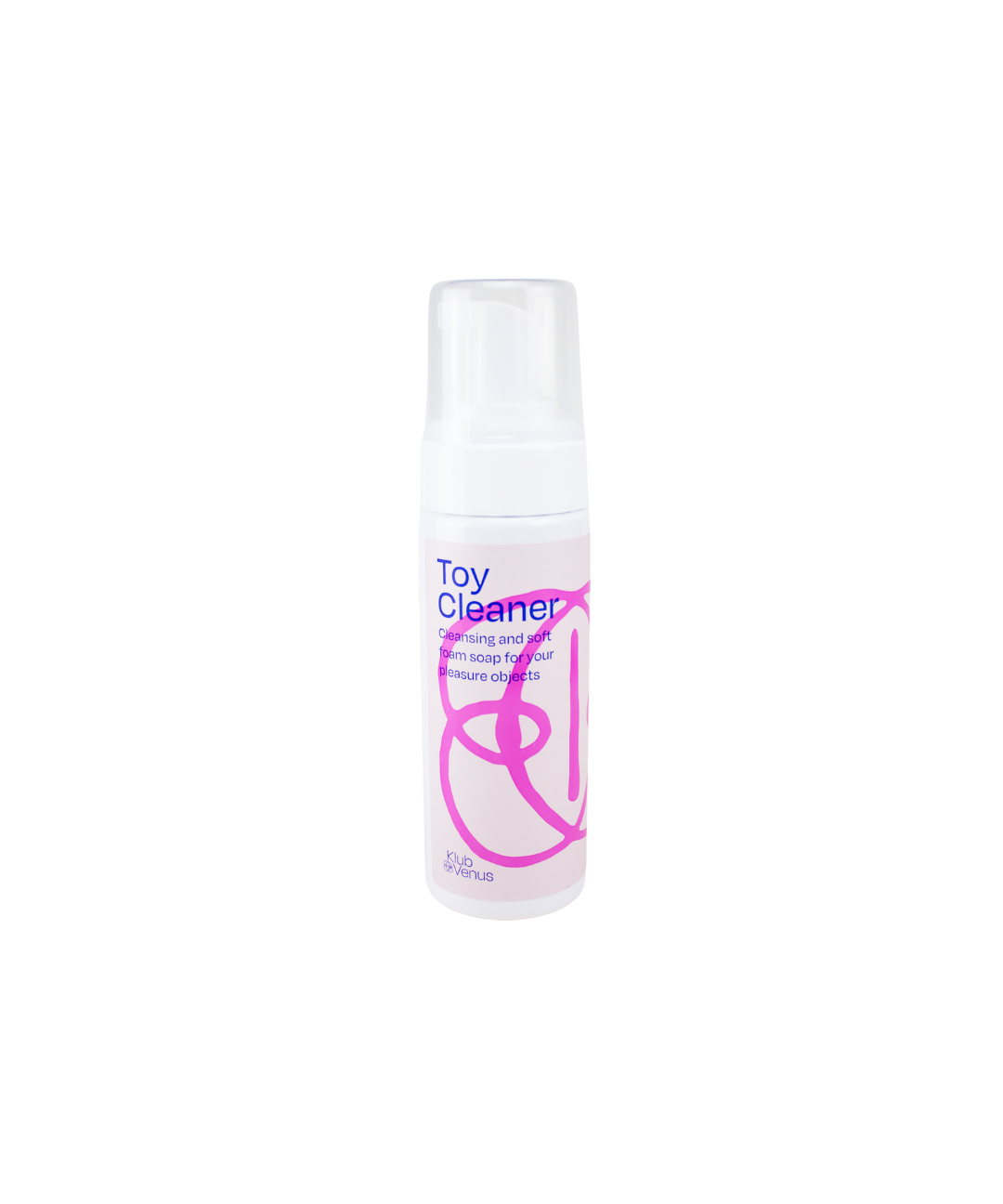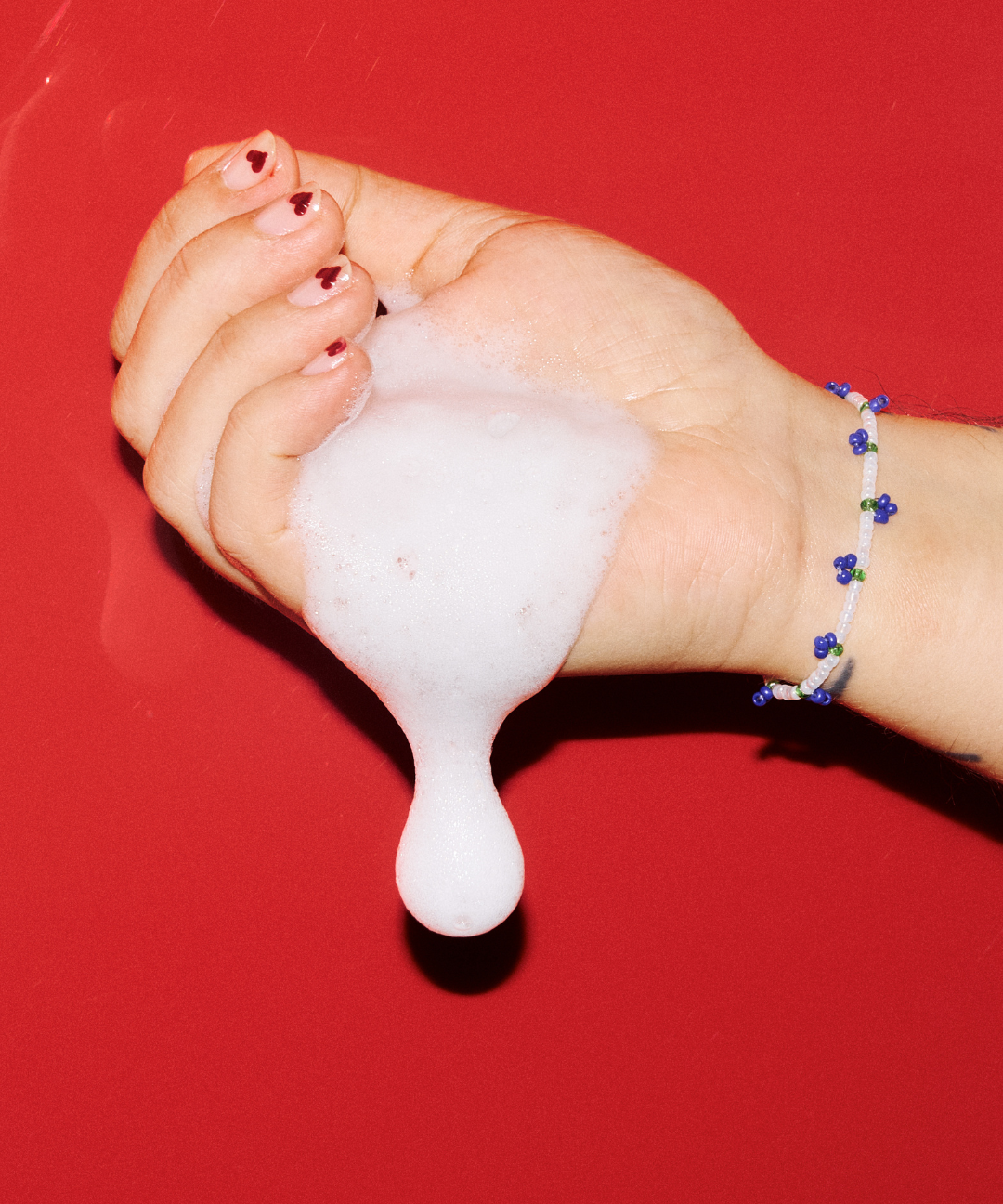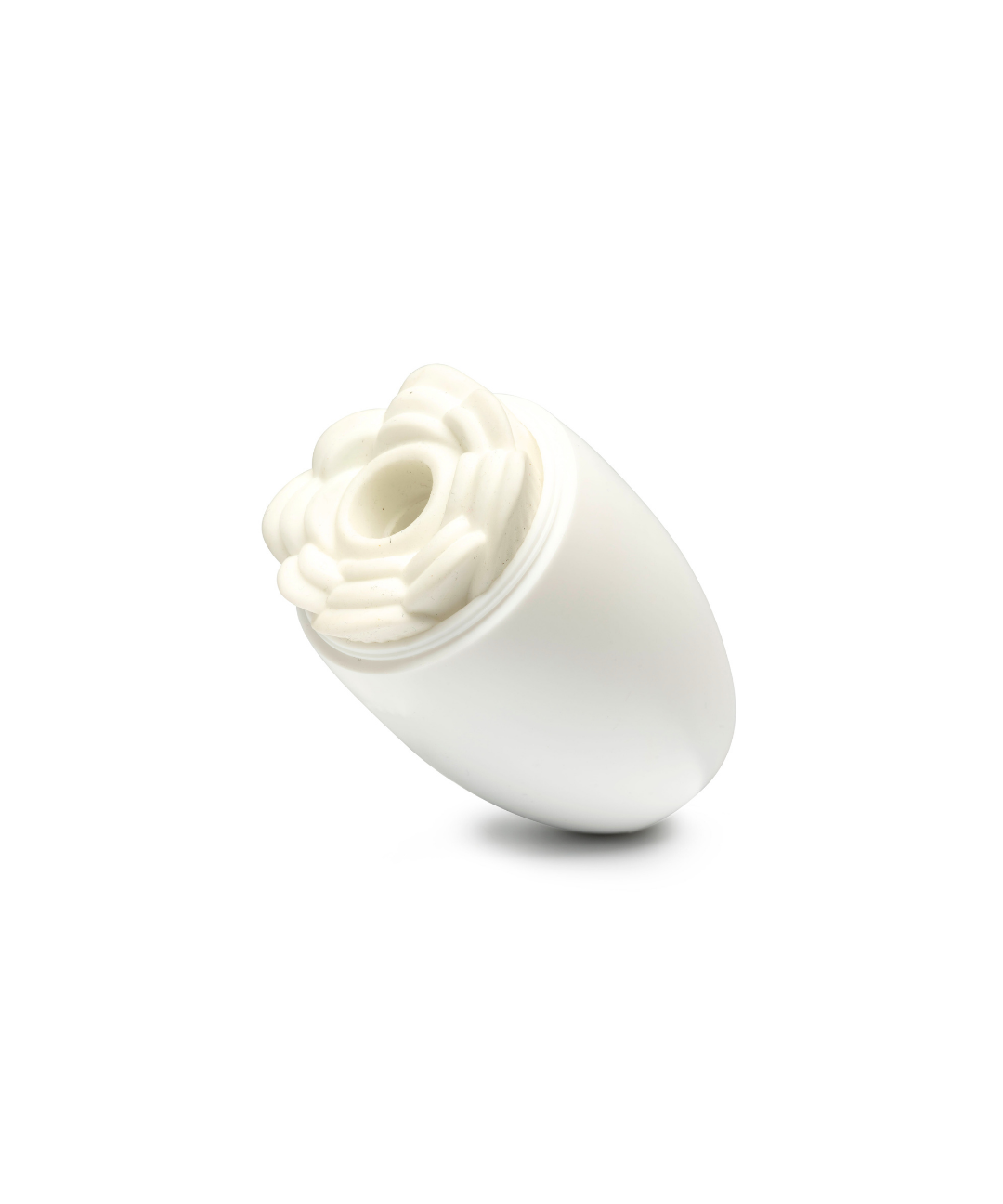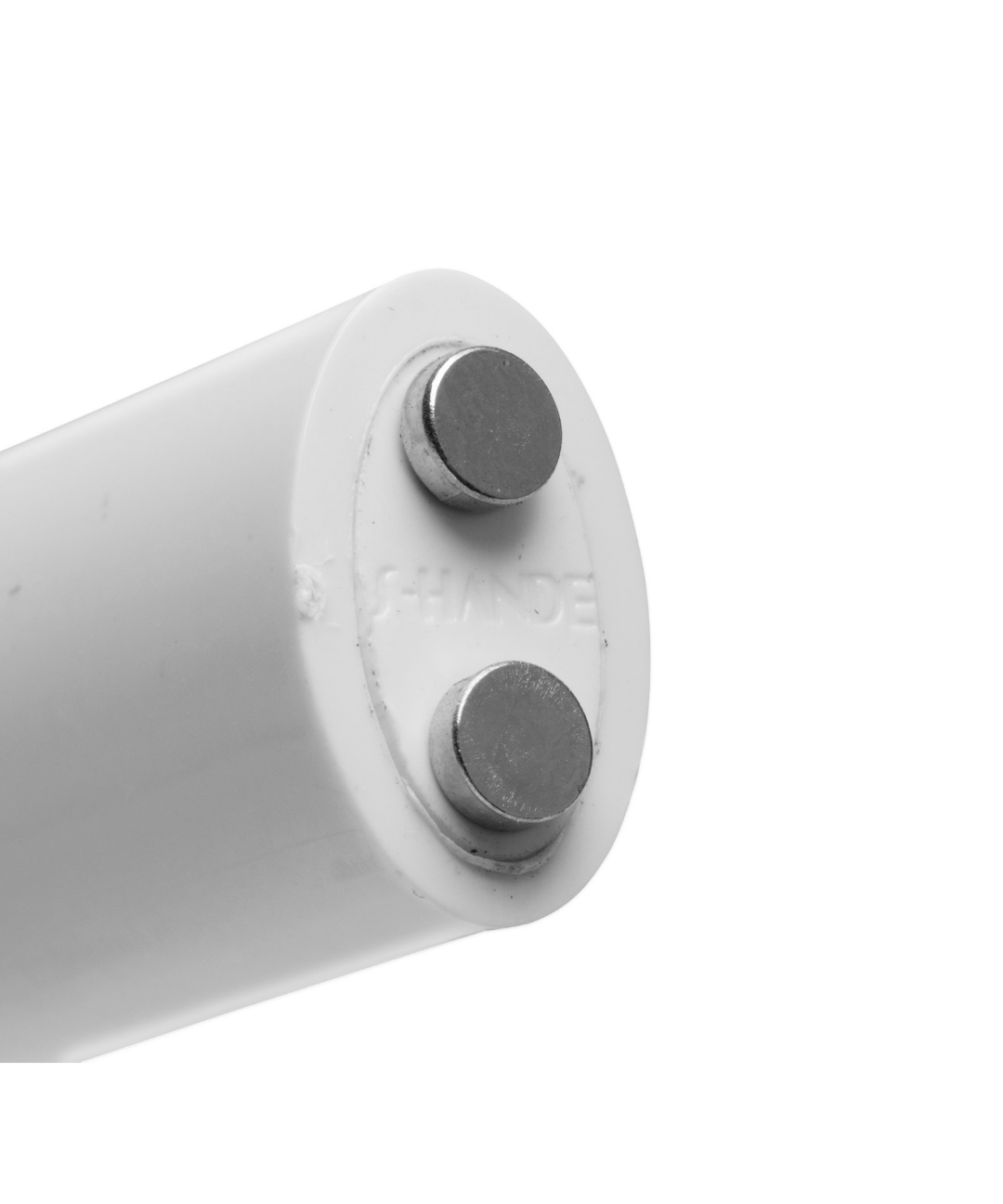Why can't I get wet? It may seem completely silly, but the amount of - pardon the expression - vaginal discharge can so easily become a stress factor during sex, which is otherwise something that should be nice and pleasant.
Am I wet enough? Does my partner now think I'm not turned on because it's not flowing out of me? And worst of all: It doesn't feel nice at all when there is no lubrication to make it all slide.
Your body is designed in such a way that you would like to get pleasantly moist in the vagina during sex. If we have to formulate it like that completely dry. Speaking of dry: Sex doesn't always feel nice if you're dry. And on top of that, it can become a huge stress factor and give a feeling of wrongness if you don't find it so easy to get wet, and you might be afraid of what your partner thinks about it.
Don't stress. We help you on your way!
I don't get wet during sex
There can be several reasons why you don't get wet during sex. Let's go through some of them.
Reasons why you don't get wet:
- You can't let go - Not getting wet doesn't have to be anything more than a minor mental block that teases. Maybe you and your boyfriend had an argument. Your work fills the back of your mind. Or you have a bad conscience about the mess in the living room.
- You think about doing everything "right" - Maybe you are focused on whether you are now also living up to the ideas your sex partner has. Maybe you think about how your body looks. Or - ironically - you wonder if you are now wet enough.
- You are stressed - There is here-and-now stress about "doing sex right". And there are complexes about "looking the right way". And then there is severe prolonged stress that causes your body to maintain only the most important vital functions. That kind of stress can also play a role.
- You are on birth control pills - Your birth control pills set your sex life free, but at the same time they can also affect whether you can get wet. Your birth control pills can cause an imbalance in the estrogen level in your body.
- You have bad experiences with sex - Your body carries its history with it. Performance anxiety, trauma, unpleasant experiences and ideas about how things should be are included in your baggage from previous relationships, and it can be difficult to let go.
- Excessive intimate washing - Yes, you want to smell nice. But excessive use of soap - also intimate soap - destroys the bacterial flora in the vagina and can cause dry mucous membranes.
- Breastfeeding - If you are a mother and breastfeed a small child, this can also mean less moist mucous membranes. It is completely normal to feel dry while breastfeeding. The problem resolves itself when you stop breastfeeding again.
- You are taking medication - Whether it is antibiotics, allergy medication or antidepressants, it can dry out the mucous membranes of the vagina. Check the leaflet that came with your medicine.
- Menopause - Some people hit it earlier than others, and it's not unusual for hormones to go haywire when your body enters the new phase of its life. Estrogen deficiency causes dry mucous membranes, and this naturally means that you get less wet during sex.
It is completely normal not to get wet
Whether it is due to too high expectations or medical reasons, it is completely normal not to get wet during intercourse. For some, it only happens occasionally. For others, it is often a problem, just as it can also vary how wet you get from time to time.
You don't need to be drenched in order for intercourse to feel nice. Some even find that they get too wet while having sex. In reality, you should not focus on whether you are wet enough - or whether you are too wet. You have to focus on whether the sex you have feels nice to you.
Does it hurt during or after intercourse?
Sex should feel nice. Sex shouldn't hurt. If it hurts during or after sex, then dry mucous membranes in the vagina may be the reason. It may also be that you are plenty wet, but that it still hurts and stings during or afterwards. Maybe you spotting or it feels like you have tears in or around the vagina. It may also burn when you urinate.
The reason may be dry mucous membranes or vaginal yeast infection. It can also be related to an imbalance in your hormones. If it continues over a longer period, you can ask your doctor for advice.
The 7 best tips if you can't get wet
- Take a break from sex - Maybe it's as simple as you just don't feel like it. Take a break. Don't have sex - with yourself or with others - for a while. And maybe you are ready to rediscover yourself about your body again when you feel like it again.
- Have more sex - Yes, it may sound silly, but more sex exercises your abdomen, keeps it healthy, improves blood flow and stimulates the glands that produce vaginal secretions.
- Masturbating - Take the peak of performance pressure and sleep with yourself. When you're alone between the sheets, you don't have to think about whether there's enough liquid to make it a nice experience. Explore your own body, masturbate in new ways and explore what turns you on.
- Focus on other parts of your body - Have less focus on what happens "down there", and more focus on all the other beautiful and sensitive body parts. Do you like to be kissed on the neck? Ask your partner to gently nibble your nipples. Or maybe you find that you love to have your balls stroked.
- Long foreplay - Maybe it's all just going too fast? Maybe you won't even get wet before it's all over. Set aside time for a long foreplay. Use sex toys to draw it all out a bit. A vibrator might turn on a switch you didn't know you had.
- Drop the birth control pills - But have a chat with your doctor first. The little pills can mess up your hormones, and that could well be the cause of the drought. Maybe you should consider another form of contraception.
- Use a lubricant - It's the ultimate life hack. A good lube does the trick right away, and it's not without reason that you can find it on the shelves of your local supermarket, the pharmacy and your favorite online webshop: You're not the only one who resorts to lube to get it to slide a little easier.
READ ALSO: How to use a vibrator - the ultimate guide
How to use lube?
You can have your lubricant lying discreetly in your nightstand drawer, where you can easily grab it, so you don't have to look for it under the bed when you're most turned on. You can squeeze out some lubricant in your hand and apply it to the part of the body that needs lubrication.
It can be between your labia or a piece of sex toy. You can warm up the lubricant a little in your hand first, or you can drip it over your or your partner's genitals - it can feel cold, but also tingling.
It is a good idea to use a lubricant when using erotic toys, because the surface of a vibrator or a dildo feels much nicer when there is cream on it. Lubricant is also a good trick for an even nicer feeling when giving or receiving a handjob. And then lube is also almost mandatory when you have anal sex.
Choose the right lubricant
Lubricants come in many variations. If you have sex with a condom or a sex toy, you must use a water-based lubricant. Then you are sure that the cream does not react with the latex or silicone that the condom or toy is made of. The disadvantage of a water-based lubricant is that the lubrication effect quickly disappears because the cream is absorbed by your skin and mucous membranes.
If you choose a silicone-based lubricant instead, the effect will last longer. The cream sits on top of the skin and therefore does not disappear as quickly as with the water-based lubricant. You just have to remember that you should not bring condoms and toys into the act when there is silicone in your lube.
Keep a bottle of each kind lying on your bedside table - then you have one for every occasion!
READ ALSO: Can't you come? - Here are 8 tips for better orgasms
READ ALSO: Guide: Here are the 8 best porn sites we know
READ ALSO: Where is the clitoris? Complete guide to the female abdomen
